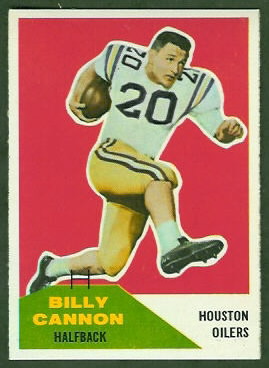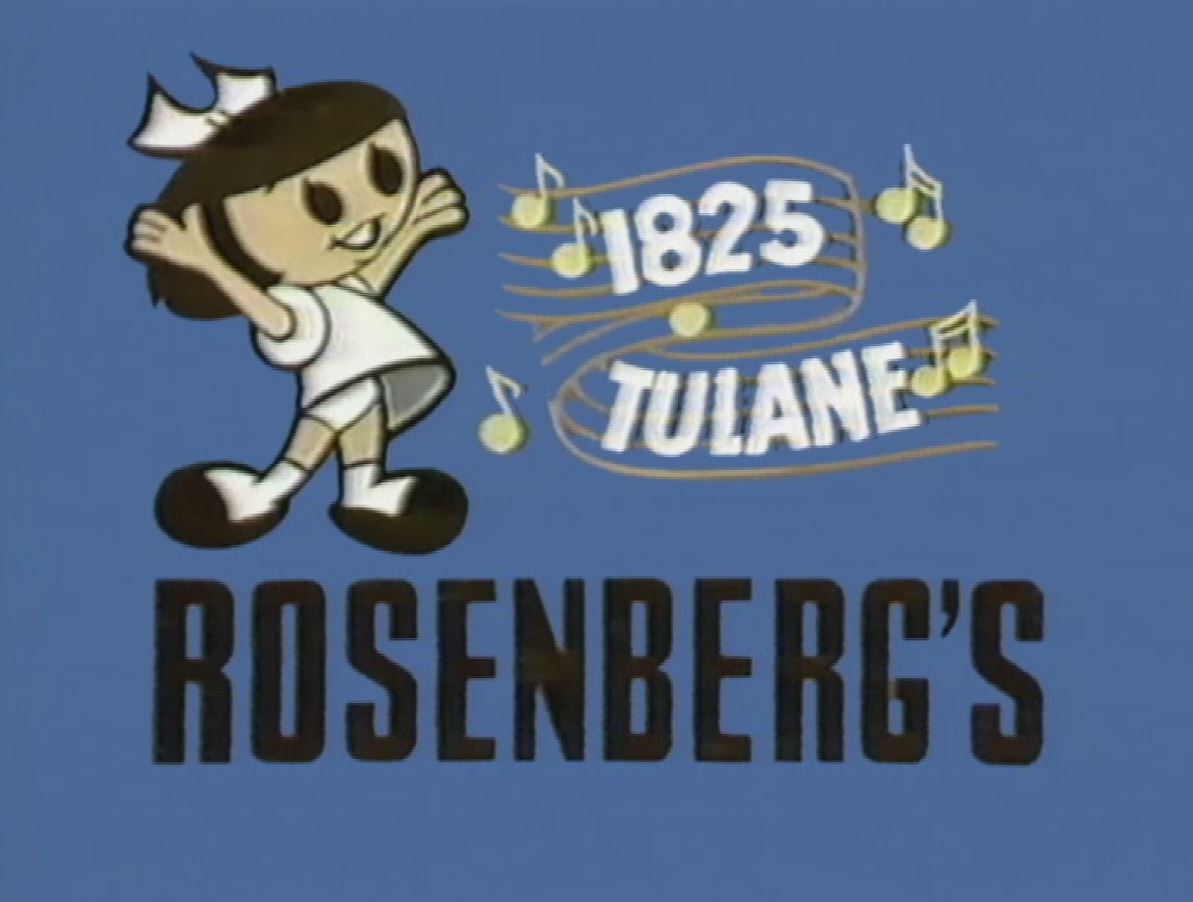- My Forums
- Tiger Rant
- LSU Recruiting
- SEC Rant
- Saints Talk
- Pelicans Talk
- More Sports Board
- Fantasy Sports
- Golf Board
- Soccer Board
- O-T Lounge
- Tech Board
- Home/Garden Board
- Outdoor Board
- Health/Fitness Board
- Movie/TV Board
- Book Board
- Music Board
- Political Talk
- Money Talk
- Fark Board
- Gaming Board
- Travel Board
- Food/Drink Board
- Ticket Exchange
- TD Help Board
Customize My Forums- View All Forums
- Show Left Links
- Topic Sort Options
- Trending Topics
- Recent Topics
- Active Topics
Started By
Message
re: What 100 yr old saw the most dramatic change in their lifetime?
Posted on 4/16/25 at 7:46 pm to Cheese Grits
Posted on 4/16/25 at 7:46 pm to Cheese Grits
1825= 11 years after the Battle of New Orleans, 11 years before the Alamo
1925= 9 years after Verdun, 15 years before Dunkirk
1925= 9 years after Verdun, 15 years before Dunkirk
Posted on 4/16/25 at 7:52 pm to Pascal59
quote:
My great grandfather 1880-1969 went from horse & buggy to the moon landing.
I went from the iPod Mini to the iPhone 16e.
Posted on 4/16/25 at 7:54 pm to LSU Grad Alabama Fan
quote:I'm still on WebTVquote:I went from the iPod Mini to the iPhone 16e
My great grandfather 1880-1969 went from horse & buggy to the moon landing.
Posted on 4/16/25 at 8:09 pm to HoopyD
1825 pre steam engine.
1925 you have passenger planes and cars are pretty common
Plus electricity
1925 you have passenger planes and cars are pretty common
Plus electricity
Posted on 4/16/25 at 8:12 pm to HoopyD
Not a choice but 1900-2000.
Powered flight
Ford Model T and Toyota Prius
Space race/moon landing
Modern warfare/nuclear arms race
Telephone becoming commonplace
Internet becoming commonplace
Powered flight
Ford Model T and Toyota Prius
Space race/moon landing
Modern warfare/nuclear arms race
Telephone becoming commonplace
Internet becoming commonplace
Posted on 4/16/25 at 8:13 pm to HoopyD
Think about what 1980-2080 will see. From no internet or cell phones to shooting idiot female celebrities into space and whatever AI comes up with in the next 50 years.
This post was edited on 4/16/25 at 8:14 pm
Posted on 4/16/25 at 8:15 pm to Who_Dat_Tiger
Agree with this too. It's been said a boy in 1950 was closer in technology to a person at the time of Christ than he was to a person in latter 20th century
Posted on 4/16/25 at 8:17 pm to Kafka
quote:
I'm still on WebTV
I still get my TV with this bad boy!

Posted on 4/16/25 at 8:34 pm to HoopyD
I assume you are asking ‘what 100 yr period did society see the most dramatic change?’
Because if you are asking about any individual person it would be the most recent because even today you can still have a person born and raised in the rainforests and bring him to an Apple Store in manhattan.
It’s got to be pre electricity to electrified.
In the 1920s widespread electrification occurred in the USA.
In the 1920s cars became commonplace in the USA.
AI Overview
1920-1929: electric appliances ...
The 1920s brought about a surge in modern conveniences, largely fueled by increased electrification and mass production. Key innovations included household appliances like refrigerators, washing machines, and vacuum cleaners, as well as entertainment devices like radios and phonographs. The automobile also became a ubiquitous part of daily life, alongside the rise of chain stores and consumer credit.
Here's a more detailed look:
Household Appliances:
Refrigerators:
Replacing iceboxes, electric refrigerators were a significant step forward in food preservation.
Washing Machines:
These eliminated much of the drudgery of laundry, making it a more manageable task.
Vacuum Cleaners:
Replacing brooms and carpet beaters, vacuum cleaners revolutionized cleaning, making it quicker and easier.
Other Appliances:
Toasters, electric irons, and electric shavers also gained popularity during this period.
Entertainment & Communication:
Radios:
The advent of radio broadcasting brought music and entertainment into homes, and it became a pervasive feature of American life.
Phonographs:
Record players provided access to a wider range of music and entertainment.
Motion Pictures:
The movie industry flourished, offering new forms of entertainment and escapism.
Automobiles:
The automobile became a symbol of modern life and a key factor in the growth of suburbs and the rise of leisure travel.
Telephone:
While the telephone had been around for some time, its popularity increased during the 1920s, facilitating communication over long distances.
Other Modern Conveniences:
Indoor Plumbing:
The transition to indoor plumbing, water, sewer, and gas significantly improved sanitation and living conditions.
Chain Stores:
The rise of chain stores like Sears and A&P offered convenience and a wider range of products at fixed prices.
Consumer Credit:
The introduction of consumer credit allowed more people to purchase new goods like appliances and automobiles.
Because if you are asking about any individual person it would be the most recent because even today you can still have a person born and raised in the rainforests and bring him to an Apple Store in manhattan.
It’s got to be pre electricity to electrified.
In the 1920s widespread electrification occurred in the USA.
In the 1920s cars became commonplace in the USA.
AI Overview
1920-1929: electric appliances ...
The 1920s brought about a surge in modern conveniences, largely fueled by increased electrification and mass production. Key innovations included household appliances like refrigerators, washing machines, and vacuum cleaners, as well as entertainment devices like radios and phonographs. The automobile also became a ubiquitous part of daily life, alongside the rise of chain stores and consumer credit.
Here's a more detailed look:
Household Appliances:
Refrigerators:
Replacing iceboxes, electric refrigerators were a significant step forward in food preservation.
Washing Machines:
These eliminated much of the drudgery of laundry, making it a more manageable task.
Vacuum Cleaners:
Replacing brooms and carpet beaters, vacuum cleaners revolutionized cleaning, making it quicker and easier.
Other Appliances:
Toasters, electric irons, and electric shavers also gained popularity during this period.
Entertainment & Communication:
Radios:
The advent of radio broadcasting brought music and entertainment into homes, and it became a pervasive feature of American life.
Phonographs:
Record players provided access to a wider range of music and entertainment.
Motion Pictures:
The movie industry flourished, offering new forms of entertainment and escapism.
Automobiles:
The automobile became a symbol of modern life and a key factor in the growth of suburbs and the rise of leisure travel.
Telephone:
While the telephone had been around for some time, its popularity increased during the 1920s, facilitating communication over long distances.
Other Modern Conveniences:
Indoor Plumbing:
The transition to indoor plumbing, water, sewer, and gas significantly improved sanitation and living conditions.
Chain Stores:
The rise of chain stores like Sears and A&P offered convenience and a wider range of products at fixed prices.
Consumer Credit:
The introduction of consumer credit allowed more people to purchase new goods like appliances and automobiles.
Posted on 4/16/25 at 9:00 pm to HoopyD
I remember my MawMaw (born in 1920) asking me the difference between a fax and an email
So I told her and she said ‘so one is on paper and the other is on a screen.’
Yup, MawMaw, that’s right. She only went to 7th grade and knew arithmetic better than any of my teachers.
So I told her and she said ‘so one is on paper and the other is on a screen.’
Yup, MawMaw, that’s right. She only went to 7th grade and knew arithmetic better than any of my teachers.
This post was edited on 4/16/25 at 10:46 pm
Posted on 4/16/25 at 9:17 pm to Pascal59
quote:
My great grandfather 1880-1969 went from horse & buggy to the moon landing
Idk why but this make me emotional to think about.
This post was edited on 4/16/25 at 9:19 pm
Posted on 4/16/25 at 9:48 pm to TigerphanTigerman
It’s wild for me to realize that my grandmother (born in 1913) knew Civil War veterans. WWII veterans to me were very similar to Civil War veterans to her.
Posted on 4/16/25 at 10:16 pm to HoopyD
quote:
It’s wild for me to realize that my grandmother (born in 1913) knew Civil War veterans.
Back in the 90s I remember reading an article about a woman who still received a Confederate Widows pension. She married some 80 year old officer from the CSA when she was like 16 and then lived to be in her 90s herself. So when Clinton was President this old woman was still getting a check from some government office that said Confederate States something or other. She was still a proud Reb' too.
Posted on 4/16/25 at 10:30 pm to jaytothen
quote:
1925-2025 saw more genders created than anyone
Nobody in 1925 could’ve imagined that they’d get to sit in an air conditioned home theater with a 12 ft movie screen and watch the WNBA
Posted on 4/17/25 at 12:35 am to HoopyD
I assume there is at least one person born in Berlin in 1900 that lived to 100 and largely stayed within that city.
I’m not sure anyone could have experienced more history just by staying alive than that person.
I’m not sure anyone could have experienced more history just by staying alive than that person.
Posted on 4/17/25 at 8:18 pm to HoopyD
1825-1925. You didn't see a US born president until you were 16, lived through a Civil War during your peak years, lived through the industrial revolution, saw both the downfall of empires/monarchies, and the beginnings of cars & planes in your dying years.
My grandpa was born in the late 10s/grandma in the early 20s. I took my computer to their house in 1996 and used their phone line to connect to the internet. The look on their faces was like I had transported them to another planet. They were early adaptors in the 50s and had the first TV in the neighborhood. I remember my grandpa amazed 10 years later when I was showing them videos on my laptop (which was bigger than the screen of their first TV). So I can see the argument for 1925-2025.
Alternatively, I think i can make a pretty good argument for the lifespan of Gen X. Children of boomers who still remember playing outside all day until your mom called you in at night, life in the country before the Patriot Act, and the rise of cell phones/internet/video games. Those of us in college on the 90s were the last before that post-WW2 wave crashed down.
My grandpa was born in the late 10s/grandma in the early 20s. I took my computer to their house in 1996 and used their phone line to connect to the internet. The look on their faces was like I had transported them to another planet. They were early adaptors in the 50s and had the first TV in the neighborhood. I remember my grandpa amazed 10 years later when I was showing them videos on my laptop (which was bigger than the screen of their first TV). So I can see the argument for 1925-2025.
Alternatively, I think i can make a pretty good argument for the lifespan of Gen X. Children of boomers who still remember playing outside all day until your mom called you in at night, life in the country before the Patriot Act, and the rise of cell phones/internet/video games. Those of us in college on the 90s were the last before that post-WW2 wave crashed down.
Posted on 4/17/25 at 9:10 pm to mudshuvl05
quote:
My neighbor was born in 1927. He still mows his grass, gardens, drives, etc
Posted on 4/17/25 at 9:18 pm to MSUDawg98
quote:
I think i can make a pretty good argument for the lifespan of Gen X. Children of boomers who still remember playing outside all day until your mom called you in at night, life in the country before the Patriot Act, and the rise of cell phones/internet/video games. Those of us in college on the 90s were the last before that post-WW2 wave crashed down.
You're preaching to the choir here
Popular
Back to top


 0
0








